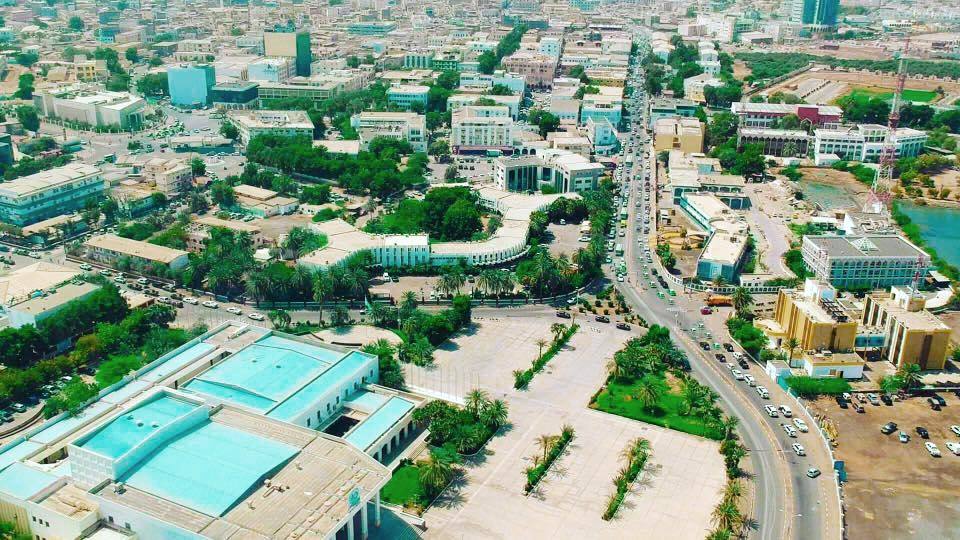Djibouti To Use Own Currency for Intracontinental Trade
A major advantage of adopting its own currency is that Djibouti can avoid the fluctuations caused by other currencies. For instance, if Djibouti were to engage in trade with a country whose currency value depreciates, it could lead to substantial losses.

Kenyan President William Ruto has urged African nations to shift away from relying on the US dollar for trade within the continent. Speaking at the Djibouti parliament, President Ruto emphasized the importance of abandoning dependence on the US dollar for trade transactions between Djibouti and Kenya.

Visit World Future for more foreign news and regional Asean stories
Djibouti's decision to utilize its own currency instead of foreign currencies for trade represents a significant milestone in promoting economic autonomy and strengthening trade ties within Africa. As a small country situated in the Horn of Africa, Djibouti has traditionally relied on international trade as its primary economic sustenance.
Djibouti's economic strategy
Historically, the country's economy has been closely intertwined with the economies of larger nations like France, the United States, and China. However, this recent shift towards using its own currency for trade with African nations signifies a noteworthy change in Djibouti's economic strategy.
A major advantage of adopting its own currency is that Djibouti can avoid the fluctuations caused by other currencies. For instance, if Djibouti were to engage in trade with a country whose currency value depreciates, it could lead to substantial losses.
However, by using its own currency, Djibouti can mitigate this risk and maintain a stable trading environment that appeals to businesses within and outside Africa. Furthermore, by enhancing its position as a trading hub within Africa, Djibouti can attract greater direct investment, leading to employment opportunities and economic growth.
The use of Djibouti's currency for trading eliminates the need for businesses to deal with administrative procedures associated with foreign currencies, saving them both time and money.
Moreover, Djibouti's move may inspire other African nations to follow suit, resulting in a more unified approach to trade. The use of a single currency within a region promotes stability, fostering intercontinental development and business partnerships.
Intra-African trade
Consequently, this shift can facilitate increased intra-African trade, helping to mitigate the impact of external economic shocks such as global economic crises or fluctuations in major export commodity prices.
However, as with any significant change, transitioning to Djibouti's own currency presents challenges. One significant challenge could be the limited acceptance of the Djiboutian franc in certain African countries. The restricted use of the Djiboutian franc within Africa may hinder trade and create barriers.
Another potential challenge is the risk of currency inflation, which could undermine the appeal of Djibouti's currency for traders, investors, and businesses engaged in international trade.
Therefore, it is crucial for the country to adopt prudent macroeconomic policies to ensure stability and prevent inflation, as it could undermine this new trade approach.
Currency for Intracontinental Trade
An increasing number of countries are advocating for trade to be conducted in local currencies. The United Arab Emirates and India are currently discussing the use of rupees for non-oil commodity trading, moving away from the dollar. Saudi Arabia has also expressed openness to trading in currencies other than the US dollar.
Djibouti's decision to employ its own currency for trade with African nations represents a bold step towards advancing African economic independence. Although the transition to Djibouti's currency may present challenges, it has the potential to foster a more unified trade approach, encourage intercontinental development, and reduce the impact of external economic shocks on African countries.

